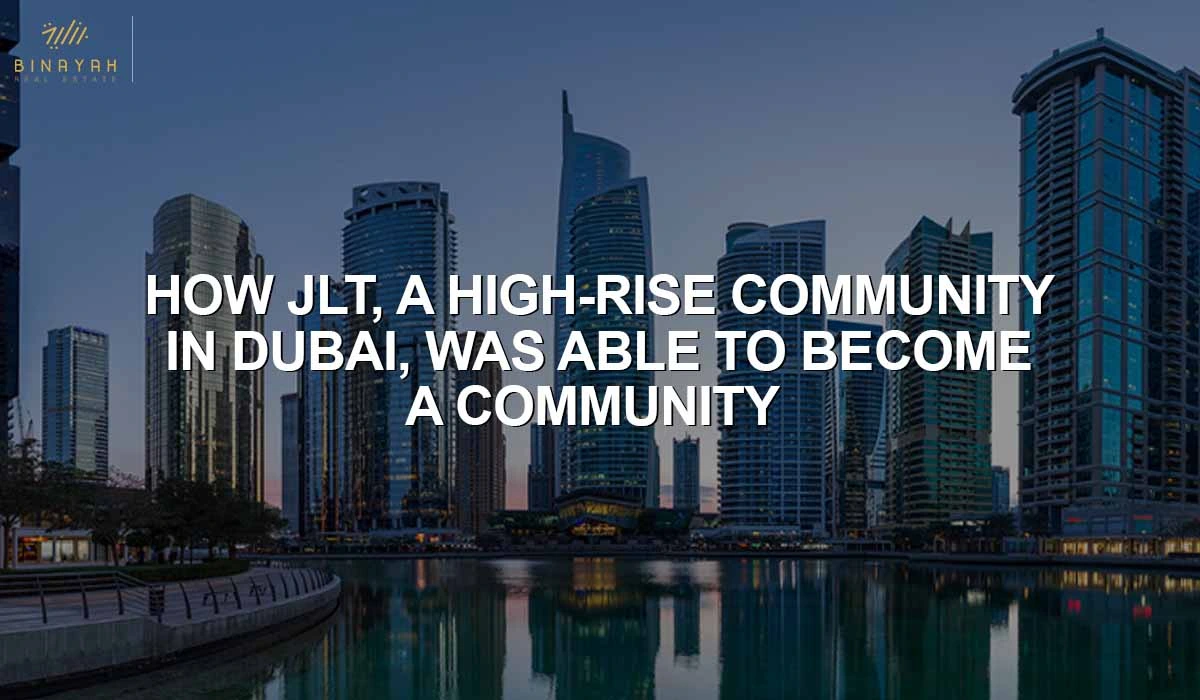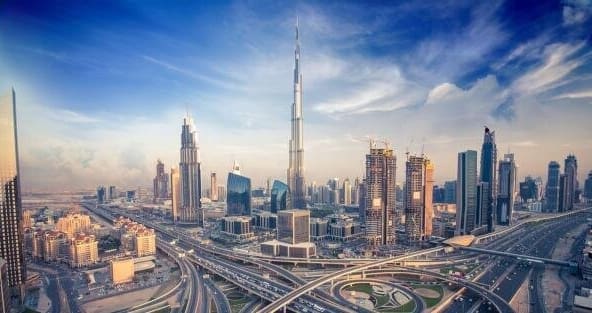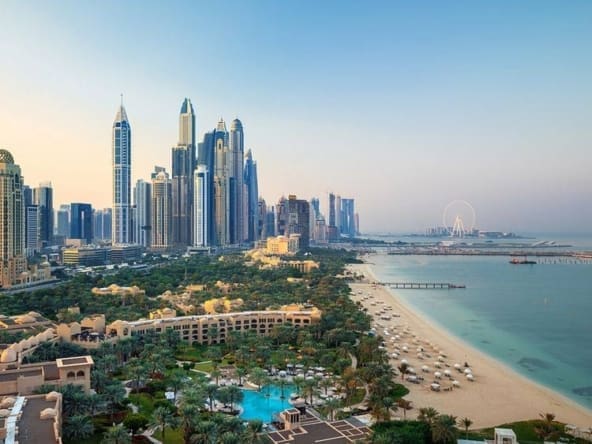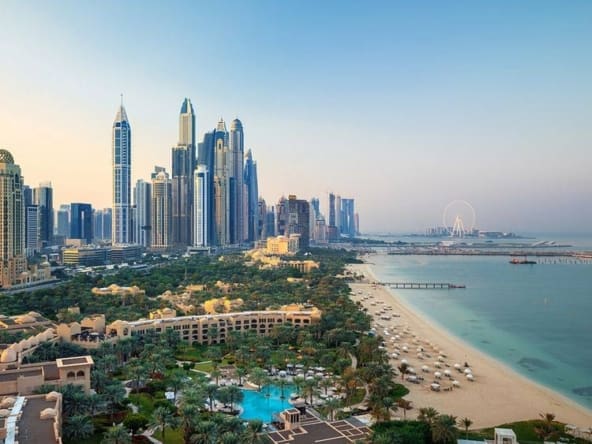Along With Constructing Such Skyscrapers, Attention Was Also Put On Developing A Community Atmosphere.
As master-developer, DMCC raised JLT’s numerous min-clusters and the general vibe of it with caution. Harold Samuel, who was born in north London in 1912, first studied to be a surveyor before switching to real estate in 1944 and finally purchasing Land Securities Investment Trust.
His keen eye for spotting opportunities in Britain’s post-war cities helped him grow from just three moderate properties. At the beginning of his career into one of the largest companies listed on the London Stock Exchange. He is frequently mistakenly credited with coining the real estate tricolon “location, location, location.” He was not the first to emphasize the significance of the location, but he also was not the last.
It needed a lot more calculated risk to determine what made a favorable location within developing economies like the Middle East and Asia. Then it did for pre-existing European cities that developed over centuries. Dubai was undoubtedly not an exception.
Still Unexplored Land
The Emirate’s growth west of the creek was less centered on a single, core district. In addition, more on several districts that were either being built or designated for future development. Areas like the Dubai Marina, JLT, and JBR were still empty when Chuck Berry launched the Hard Rock Café on Sheikh Zayed Road in December 1997, at what is now the exit for Media City. Many people thought the location was more of an outpost en-route to Abu Dhabi than it was part of Dubai.
The Dubai Multi Commodities Centre (DMCC) was founded five years later with the dual goals of bringing in, facilitating, and promoting trade within the Emirate. As well as performing its role as the master developer for the Jumeirah Lake Towers neighborhood.
Our team had to carefully consider how it would utilize the 180-hectare property when master designing the community. In addition, how it would draw the required people to live there and businesses to fill a design with 87 buildings. While combining the six design tenets of pedestrian-oriented, smart and linked compact cities. Connected communities, assets and landmarks, transportation and mobility, and sustainability.
The Expansion of Property
Construction started soon after Saba Tower’s incorporation, and the first cluster. Which is divided into 26 clusters and practically all of which comprise three towers, was finished in December 2006. From the beginning, it was obvious to DMCC and our national leadership that the community’s long-term sustainability. Depended on its being anchored in something more than just real estate.
Community’s initial commercial buildings, Gold, Silver, and Almas, were built with the support of a $200 million groundbreaking gold Sukuk. That was launched in 2002 with assistance from Standard, Deutsche, and the Dubai Islamic Bank. DMCC made sure that its community was equipped with the necessary infrastructure to host businesses and exchanges, laying the groundwork for what was to come. This included a cutting-edge vault created in collaboration with Brinks and guaranteed to hold more than $1 billion in assets. Despite the fact that the towers were finished in 2008 during a global recession.
One of the many reasons DMCC became Dubai’s first government entity to receive a fully interactive rating from Standard & Poor. Second only to ADIA in the UAE, is that it continues to stand out among its peers. As an autonomous entity that pulled itself up by its own bootstraps. In order to meet its own uncompromising vision.
A Community Buzz
As soon as the DGCX and Dubai Diamond Exchange were created, DMCC’s mission as master-developer changed from providing supporting infrastructure to focusing on creating a community that embodied JLT. The DMCC’s two metro stations opened in 2010, giving quick, dependable, and reasonably priced transportation for locals and tourists. While also granting pedestrian access to Dubai Marina, JBR, and finally the beach.
Following community feedback, DMCC decided to convert one of its lakes into a major park. Resulting in a 55,000 square meter area of green space and the JLT dog park, one of the few locations in the city specifically designed to serve man’s best friend.
In addition, DMCC encouraged the opening of fitness and beauty businesses across the clusters, of which there are currently 324. The JLT Court, which was launched by the late great Kobe Bryant, was one of the outdoor, free-to-use amenities that were established. The creation of SK Sports Holding DMCC, a company started by football ace Clarence Seedorf and MMA champion Khabib Nurmagomedov. Will soon promote youngster training in both disciplines from their upcoming academy in an effort to inspire business owners to take a deeper interest in health and sports.
Similar to the previous example, JLT’s F&B diversity has also been a key attraction for locals and commuters. That have seen their options grow from a small number of cafés to some of Dubai’s most popular restaurants. Including noodle bars, bistros, and partnership initiatives with Dubai-based entrepreneur Tom Arnell of Bull & Roo. JLT today has more than 460 cafés, restaurants, and motels. Therefore, there is food to suit every taste in the incredibly diverse neighborhood.
DMCC’s desire for commerce or enthusiasm to promote its member firms’ success was unaffected by this focus on communal life. One JLT, a dedicated Grade A office skyscraper that was built to LEED Gold certification standards and launched in 2015, is a 26,000 square metre building that united the spirit of sustainability with cutting-edge technologies into a single, conveniently placed project.
It is not surprising that JLT won the “People’s Choice Family Friendly Location of the Year Award” and the “Infrastructure & Real Estate Excellence Award” in 2017. Nearly every imaginable good or service is now accessible within a radius of less than two square kilometres.






